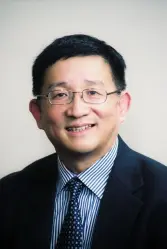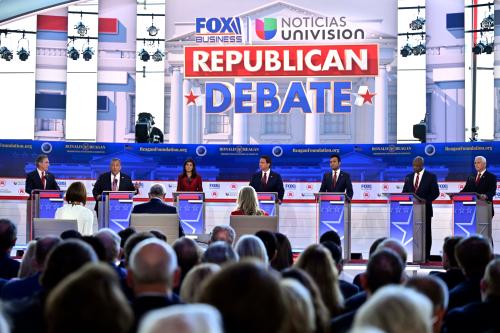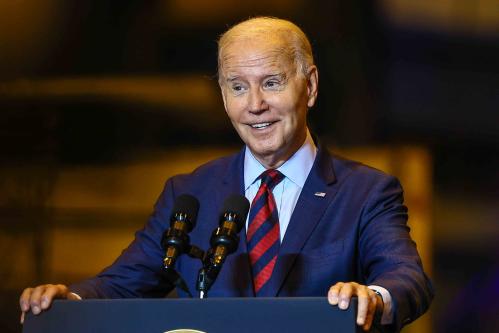INTRODUCTION
As the Chinese flagship state-owned companies become increasingly formidable and assertive in both the domestic and international economy, so too are the chief executive officers (CEOs) of these firms becoming more aggressive in their jockeying for power in the leadership of the Chinese Communist Party (CCP). Compared with the other three elite groups (provincial chiefs, cabinet ministers, and military leaders) that have long constituted the principal components of the CCP Central Committee and its Politburo, the proportion of CEOs of China’s large enterprises in the national leadership is still relatively small. But it is evident that younger, business-savvy, politically connected, and globally minded Chinese CEOs have recently become a new source of the CCP leadership.
The rise of state entrepreneurs is an important trend that deserves greater attention. This development may not only broaden the channel of political recruitment in the People’s Republic of China (PRC), but may also, in a significant way, change the rules of the game in Chinese elite politics in the years to come. Equally important, an empirical study of the characteristics of this distinct elite group can link to—and shed valuable light on—some of the most controversial issues in present-day China, including the public critique of the state monopoly, the role of vested corporate interest groups in decision-making, and the Chinese state capitalists’ endeavor for global expansion.



